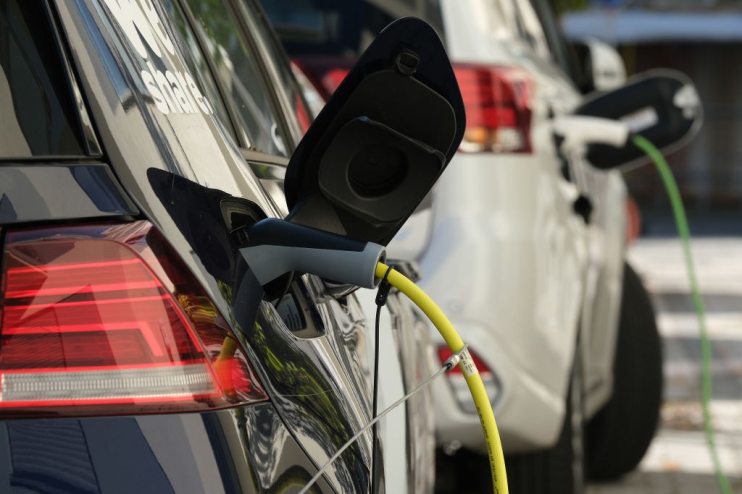EV sales drive new car market growth in September

The sale of electric vehicles (EVs) has driven a 4.6 per growth in September’s new car market, according to data published today.
Figures from the Society of Motor Manufacturers and Traders (SMMT) reported that new electric vehicle registrations grew by 16.5 per cent to more than 38,000 units.
After March, September is the second-biggest month for automotive traders as new number plates are being released.
Hybrid electric vehicle registrations grew by 16.5 per cent while plug-in hybrids – which are endowed with both an electric and an internal combustion engine – declined by 11.5 per cent.
Plug-in hybrids – which have now passed the one million mark – account for one in five new cars, while electric vehicles still make up a small fraction of the 40 million cars currently on UK roads.
“We need to ensure every lever is pulled to encourage motorists to make the shift if our green goals are to be met,” said SMMT’s chief executive Mike Hawes.
EV uptake has nonetheless slowed down compared to the beginning of the year.
Commenting on the figures, Electrifyin.com’s chief executive Ginny Buckley said: “This [affordability] together with the withdrawal of the government grant, cost of living crisis and hike in energy prices is clearly leading to a slow-down in demand for electric cars.
“If we are to reach our net zero ambitions, both the government and industry need to keep a close eye on this decline in growth. Without action we risk stalling the electric revolution.”
According to SMMT data, the overall market continues to remain weak due to supply chain issues impacting model availability as well as consumer confidence and economic stability.
Numbers in fact continue to remain over 34 per cent below 2019 levels.
KPMG’s automotive partner Chris Knight said volatile market conditions could push prices down.
“Car makers are still working their way through the backlog of orders that have built up as a consequence of supply shortages, but higher household costs are shaping new demand,” he said.
“As consumer credit becomes more expensive due to higher interest rates, we expect to see a fall in the average price paid for new vehicles, whilst some consumers will delay buying a new car altogether.
“For existing customers facing increased outgoings, some will question the affordability of their car payments.”